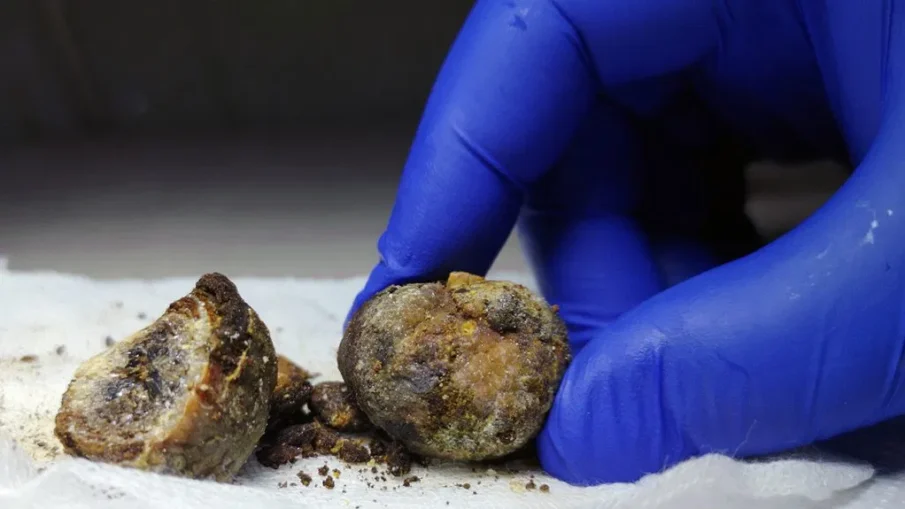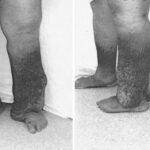Bile duct cancer (cholangiocarcinoma) is a rare but aggressive type of cancer. Bile duct cancer, occurs when a cancerous tumor grows in one of the ducts that transport bile from the liver to the small intestine. It is a type of cancer that forms in the slender tubes (bile ducts) that carry the digestive fluid bile. Bile ducts connect your liver to your gallbladder and to your small intestine. In most cases, there are no signs of bile duct cancer until it reaches the later stages, and symptoms can include; jaundice, unintentional weight loss, abdominal pain, high temperature and loss of appetite.
Causes Of Bile Duct Cancer: The exact cause of bile duct cancer is unknown. However, some things may increase your chances of developing the condition. Here are some number of factors that increase the risk of developing bile duct cancer. This research is gotten from an article published by NHS Inform on the 22nd of March 2022.
Age and PSC: The first and most common cause is Age. The chances of developing cancer of the bile duct increase as you get older. Most people with the condition are over 65 years old. Also, Primary sclerosing cholangitis (PSC) is a rare type of liver disease that causes long-lasting (chronic) inflammation of the liver which usually occurs in people aged 30 to 50. The risk of developing bile duct cancer is thought to be higher if you have PSC and you smoke.
Bile duct abnormalities: Some people can have fluid-filled sacs (cysts) in their bile duct. These cysts are usually congenital, which means they are present from birth. The most common types are choledochal cysts and Caroli’s disease, but both conditions are very rare. Up to 20% of people with choledochal cysts that are not removed will develop cancer of the bile duct.
Bile duct stones (hepatolithiasis): According to an article by Cancer Research UK published on the 16 of September 2021, Stones in the bile ducts can irritate the duct lining and cause inflammation. This can increase your risk of bile duct cancer. But the increase in risk is small. Stones usually develop after infection or because of the slow movement of bile through the ducts. They tend to develop in the right and left hepatic ducts.
Parasitic infection: Liver flukes are a type of parasitic insect known to increase the risk of developing bile duct cancer. A person can become infected with liver flukes by eating undercooked fish that has been contaminated with fluke eggs. Liver fluke infections are usually only a problem in Asia (especially Thailand) and Africa, where liver flukes are more widespread.
When to see a doctor: See your doctor if you have persistent fatigue, abdominal pain, jaundice, or other signs and symptoms that bother you. He or she may refer you to a specialist in digestive diseases.



